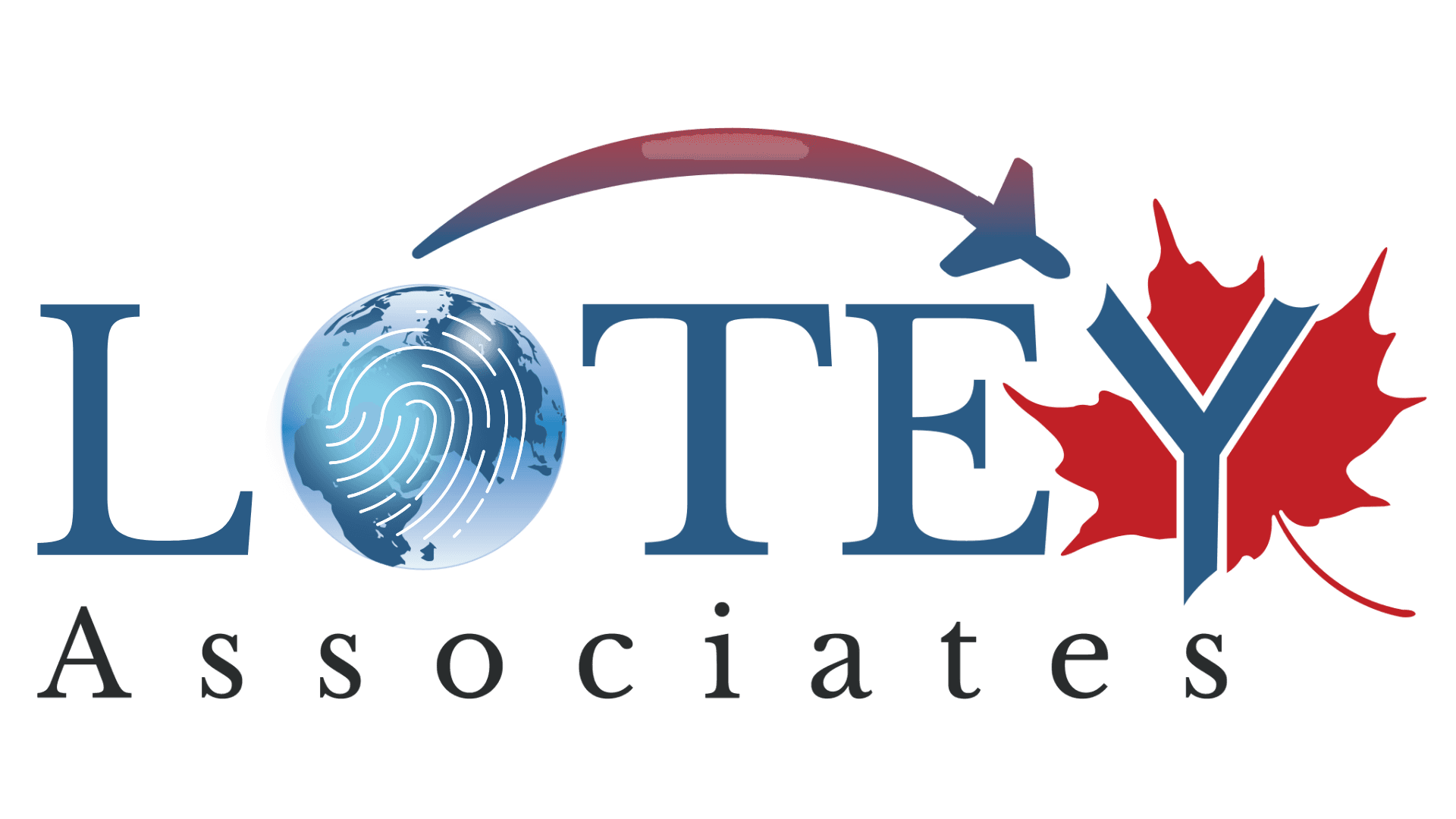Key Takeaway: Start your Canadian journey on the right foot by understanding local systems early—credit, credentials, banking, health care, and culture. A little preparation today saves you time, money, and stress tomorrow.
1. Rushing Into Housing Without Credit History

Many landlords ask for a Canadian credit score. Without it, you may pay extra deposits or get turned down for good apartments.
What to Do:
- Open a Canadian bank account as soon as you arrive.
- Get a secured credit card to start building credit.
- Keep your credit use under 30% of your limit.
- Ask employers or past landlords for reference letters.
2. Skipping Professional Credential Checks
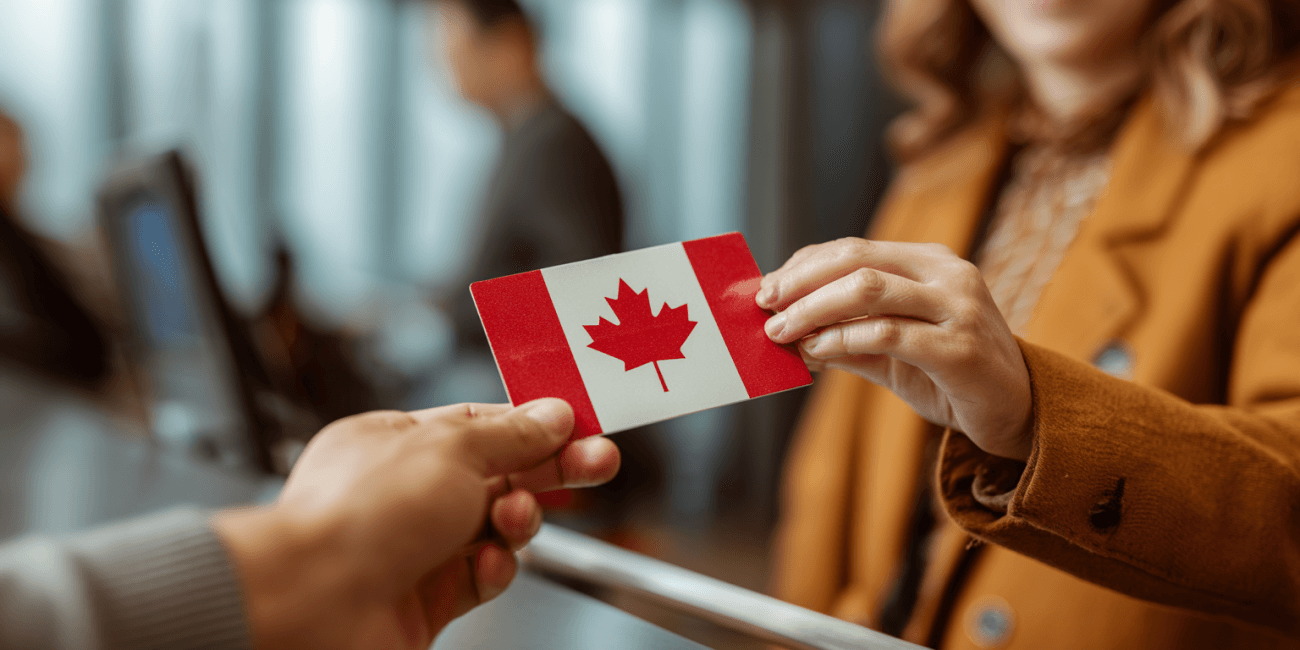
Your degree or license may not be automatically valid here. Regulated professions (like engineering, teaching, or health care) often need extra exams or assessments.
What to Do:
- Visit Canada’s Foreign Credential Recognition Tool before arriving.
- Contact the right provincial regulator for your field.
- Budget time and money for extra courses or tests.
- Use services like Lotey Fingerprinting
- for RCMP-approved background checks and identity verification if needed for licensing.
3. Misunderstanding Canadian Banking and Credit
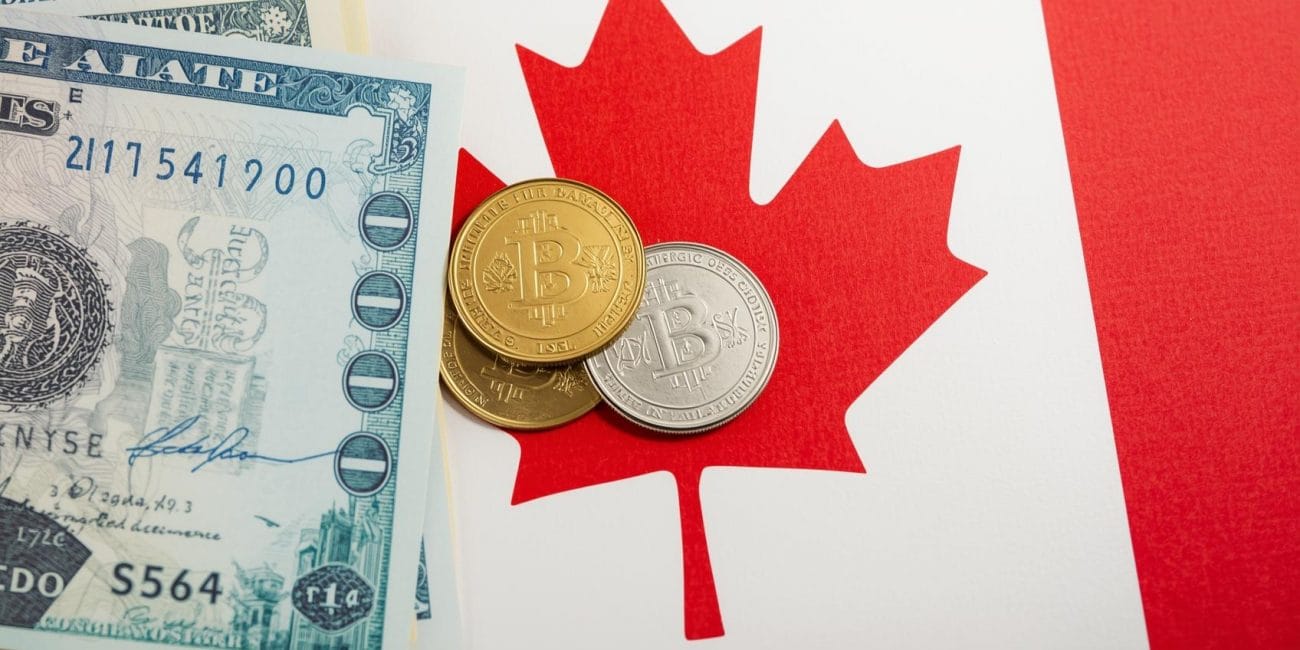
Canada’s banking system and credit scoring can feel confusing if you’re used to a different model.
What to Do:
- Compare banks’ newcomer packages (many waive fees for a year).
- Set up automatic bill payments to avoid late fees.
- Keep credit card balances low and pay them off each month.
- Ask your bank about small personal loans or credit-builder products.
4. Forgetting to Enroll in Health Care
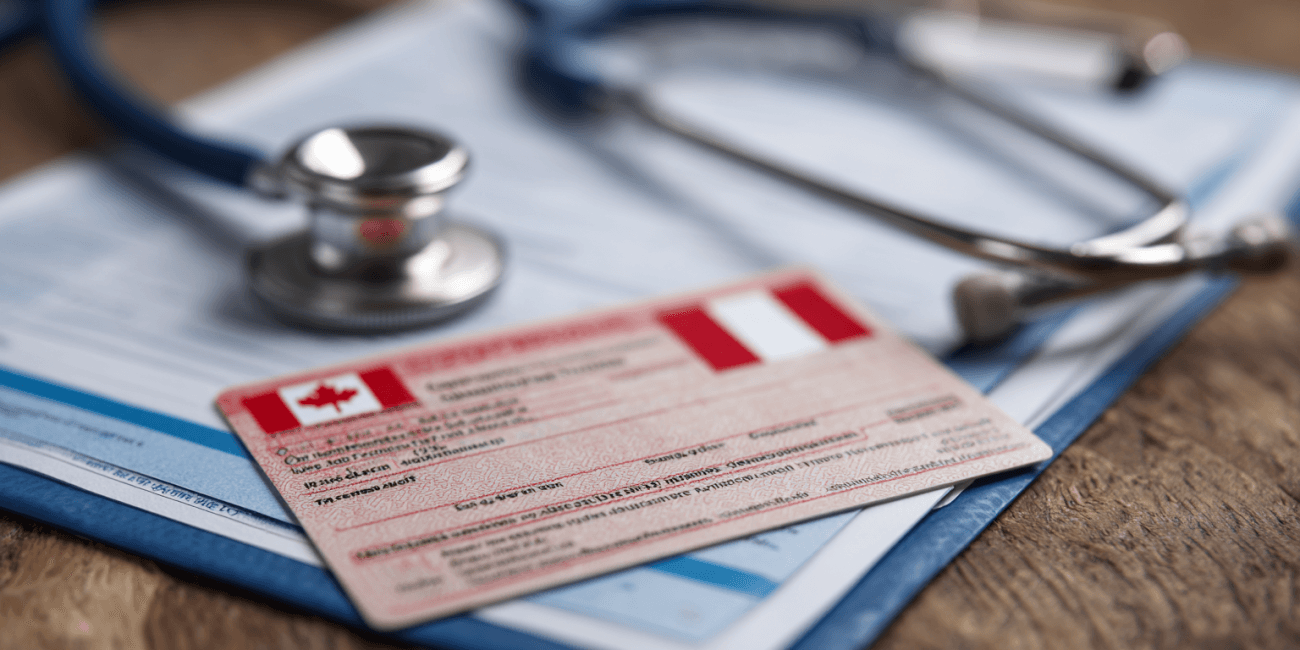
Provincial health plans often have a waiting period (up to 3 months). Some services—like dental or prescription coverage—aren’t included.
What to Do:
- Apply for your provincial health card on day one.
- Buy short-term private health insurance for the waiting period.
- Learn which services are covered and which require extra insurance.
- Find a local family doctor or walk-in clinic early.
5. Underestimating Weather and Culture

Canadian winters can be harsh, and culture can feel different. Both affect your daily life, from commuting to socializing.
What to Do:
- Invest in a warm, waterproof coat and boots.
- Budget for higher heating and utility costs in winter.
- Join community or professional groups to make friends and connections.
- Embrace local activities—like skating or winter festivals—to adapt faster.
Quick-Start Guide
| Mistake | Why It Matters | Simple Fix |
|---|---|---|
| No Canadian credit history | Hard to rent, higher deposits | Open account + secured card + pay on time |
| Unrecognized credentials | Can’t work in your field | Check recognition tool + contact regulator early |
| Banking & credit confusion | Fees & low credit score | Compare packages + auto-payments + low balances |
| Health care gaps | No coverage for months | Apply immediately + temporary private insurance |
| Weather & culture shock | Safety, costs, loneliness | Buy proper gear + join local groups + embrace events |
Real-Life Story: Maria’s Fresh Start
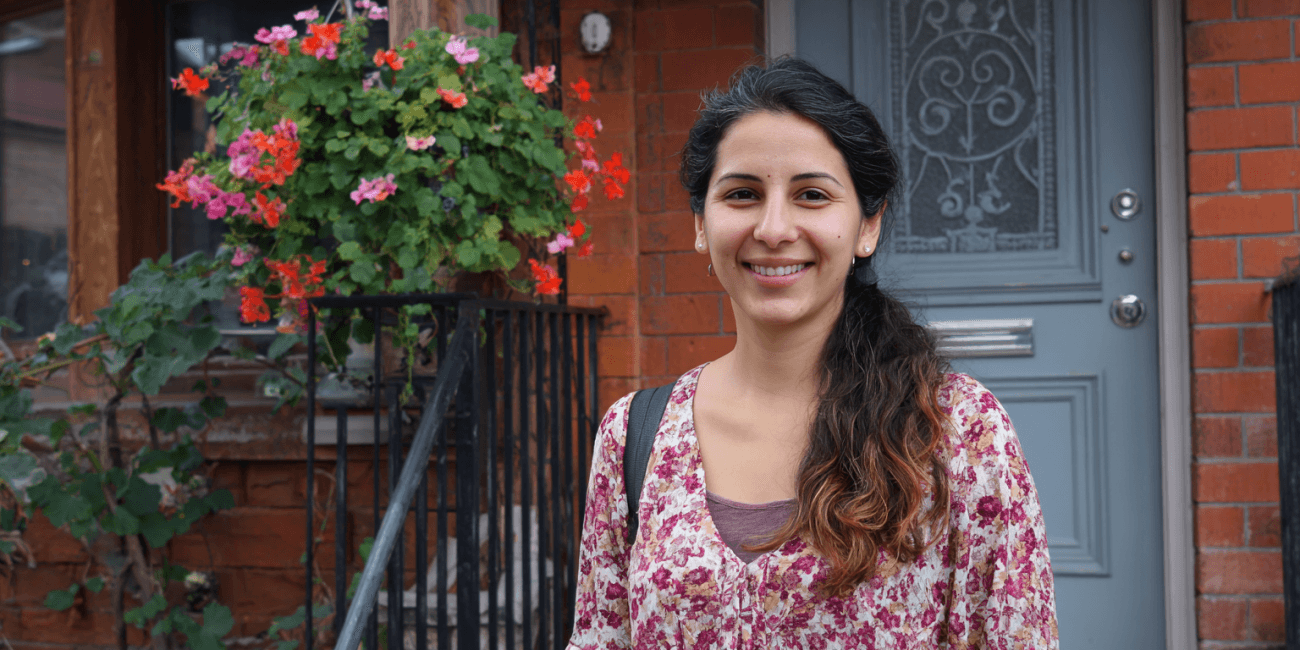
When Maria landed in Toronto with dreams of teaching, she rented a small basement apartment without a credit score. Two months in, her rent doubled, and she struggled with heating bills. She then learned about secured credit cards, joined a newcomers’ teaching association, and found a private tutor to prepare for her licensing exam. Within six months, Maria had stable housing, full certification, and a thriving classroom. She now volunteers at a settlement agency to help others avoid her early mistakes.
Conclusion
Starting in Canada can feel like learning a new language of systems and culture. By focusing on credit building, credential recognition, smart banking, timely health coverage, and weather preparation, you’ll navigate your first months smoothly. Remember, services like Lotey Fingerprinting can fast-track your background checks and identity needs.
Your next step: Pick one area—credit history, credentials, banking, health care, or cultural integration—and take action today. Small steps lead to big success in your Canadian journey!
Book now at Lotey Fingerprinting: https://loteyfingerprinting.ca/. Take action today and build your credit with confidence
Frequently Asked Questions (FAQs)
How do I build a Canadian credit history as a newcomer?
Open a Canadian bank account immediately, apply for a secured or newcomer credit card, keep your credit utilization under 30%, and set up automated payments.
Do I need to re-certify my professional credentials in Canada?
Yes. Many regulated professions require foreign credential recognition. Use the Foreign Credential Recognition Tool and contact your provincial regulator to understand requirements.
What banking options are best for newcomers?
Look for banks offering newcomer packages with waived fees, credit-builder products, and multilingual support. Compare features like free transactions, minimum balance requirements, and credit limits.
When should I apply for provincial health insurance?
Apply for your provincial health card on your first day in Canada. If there’s a waiting period (often up to 3 months), purchase short-term private insurance to cover any gaps.
How can I prepare for Canada’s winter and cultural differences?
Invest in quality winter gear, budget for heating costs, join local community or professional groups, and participate in winter activities like skating or festivals to integrate faster.
What services does Lotey Fingerprinting offer for newcomers?
Lotey Fingerprinting provides RCMP-approved digital fingerprinting, criminal background checks, live scan fingerprinting, emigration support, citizenship application services, and identity verification resources across Canada.

Navneet Lotey
Navneet Lotey has over 5 years of experience in fingerprinting. He aims to deliver accurate, easy-to-understand fingerprinting solutions for individuals and businesses alike.
